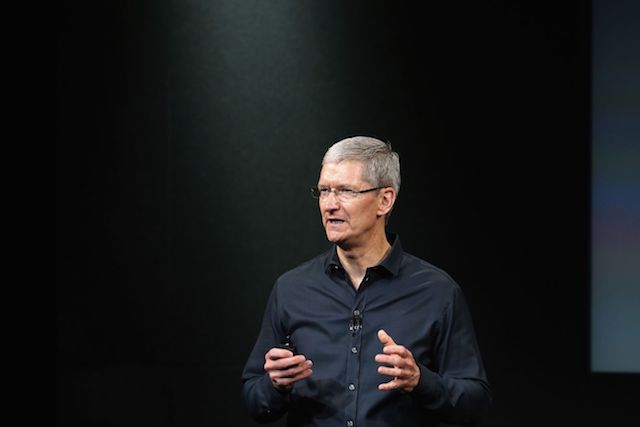
Spotify just filed for a direct listing in the U.S., sidestepping the traditional IPO process, and now we’re starting to see some of the true financial guts of the company — and some of the significant risks it faces from challenging services from Apple and Google.
Apple, for example, charges apps a percentage of revenue for subscriptions processed through the App Store. Apple Music, meanwhile, will always deliver Apple 100% of the subscription revenue that it receives from subscribers (sans record fees and all that kind of stuff, of course). Apple, too, has a direct integration with its iOS devices and also a huge amount of brand recognition even though Spotify is a massive service. Spotify says it has 159 million monthly active users and 71 million premium subscribers, while Apple has 36 million paying subscribers as of February 2018.
Here’s the full boilerplate from the filing:
Our current and future competitors may have higher brand recognition, more established relationships with music and other content licensors and mobile device manufacturers, greater financial, technical, and other resources, more sophisticated technologies, and/or more experience in the markets in which we compete.
In addition, Apple and Google also own application store platforms and are charging in-application purchase fees, which are not being levied on their own applications, thus creating a competitive advantage for themselves against us. As the market for on-demand music on the internet and mobile and connected devices increases, new competitors, business models, and solutions are likely to emerge.
As owners of the platforms themselves, Apple and Google will always be able to dictate the terms. And while Spotify is a massive service, its success still hinges on users listening on their mobile devices. It may be able to build a strong brand and create some inertia against potential changes from Apple that could incite user backlash, but at the end of the day, Apple runs the system where its users actually get the service.
As Apple begins diversifying its revenue streams to create a services branch that the company likes to say will be the size of a Fortune 100 company, music is increasingly becoming a core part of that. Google, too, owns its app store platforms, and will recognize 100% of the revenue from its own service. We haven’t seen the full potential of these companies’ approaches to the music space, in particular with Apple Music which appears to be steadily growing, but Spotify is clearly recognizing it as an existential threat.




